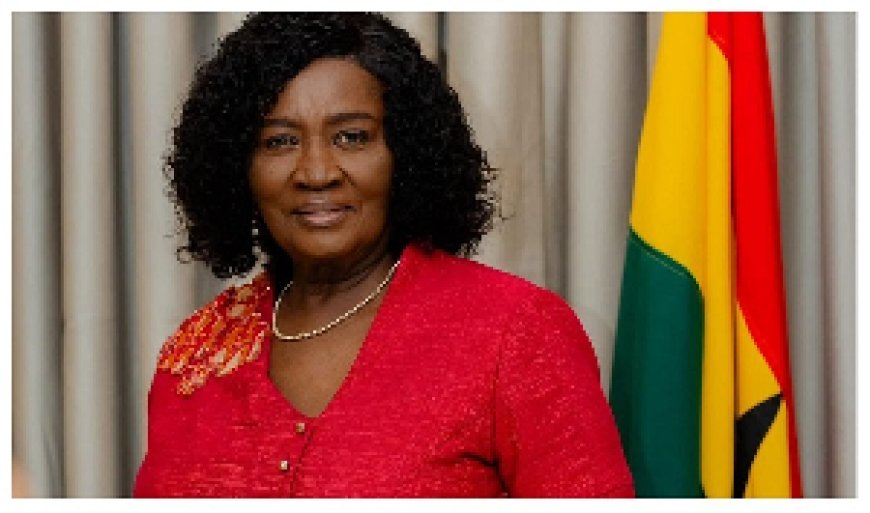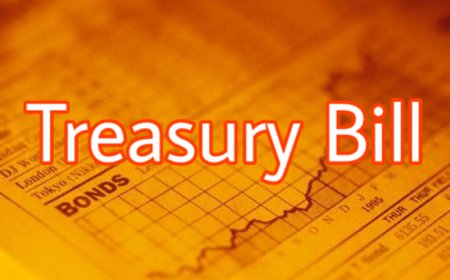FULL TEXT: Professor Naana Jane’s Speech at the National Economic Dialogue
Distinguished guests, esteemed colleagues, and fellow citizens, It is an honor to stand before you today at this critical juncture in our nation’s economic journey. The National Economic Dialogue provides a vital platform for collective reflection, informed discourse, and strategic action as we navigate the complexities of our economic landscape. Our theme today—Sustaining Economic Growth and Inclusive Development—demands not just conversation but bold, decisive steps toward progress.

Ghana’s economy has demonstrated remarkable resilience in the face of global shocks, domestic challenges, and shifting economic paradigms. However, we must acknowledge the realities: rising inflation, currency depreciation, fiscal imbalances, and high debt burdens continue to challenge our stability and growth. We must approach these issues with both urgency and pragmatism.
Despite these challenges, Ghana remains a land of immense opportunity. Our youthful population, abundant natural resources, and growing digital economy offer us the tools to reposition ourselves as a competitive economic force in Africa and beyond. The key lies in sound policy frameworks, strategic investments, and an unwavering commitment to good governance.
Building a Resilient and Inclusive Economy
To achieve sustainable and inclusive growth, we must focus on four key pillars:
-
Macroeconomic Stability and Fiscal Discipline
Fiscal prudence must be at the heart of our economic strategy. We need transparent and accountable management of public funds, responsible borrowing practices, and a renewed commitment to reducing wasteful expenditures. Implementing stronger revenue mobilization strategies—such as broadening the tax base and improving compliance—will enable us to finance critical sectors sustainably. -
Industrialization and Value Addition
We cannot continue to depend solely on exporting raw materials. Our industrialization agenda must prioritize value addition in agriculture, mining, and manufacturing. Strengthening the One District, One Factory (1D1F) initiative and improving access to financing for local industries will create jobs and drive economic transformation. -
Education, Innovation, and Human Capital Development
A knowledge-driven economy is the future. We must invest in STEM education, vocational training, and entrepreneurship programs to equip our young people with the skills needed to thrive in a rapidly evolving job market. Public-private partnerships in education and research will also foster innovation and economic competitiveness. -
Digital Transformation and Technological Advancement
The digital economy presents vast opportunities for growth. Expanding digital infrastructure, promoting fintech solutions, and ensuring digital inclusion for all segments of society will enhance efficiency, create new business avenues, and position Ghana as a technology hub in Africa.
A Call to Collective Action
The path to economic prosperity requires collaboration among government, the private sector, academia, civil society, and the general public. It is time for us to harness our collective expertise, innovation, and determination to build an economy that works for all Ghanaians.
As we leave this dialogue today, let us not only engage in discussions but commit to concrete actions that will drive sustainable growth and shared prosperity. Together, we can chart a new course for our nation—one of resilience, progress, and inclusive development.
Thank you, and may we all work towards a brighter economic future for Ghana.
What's Your Reaction?



















































































